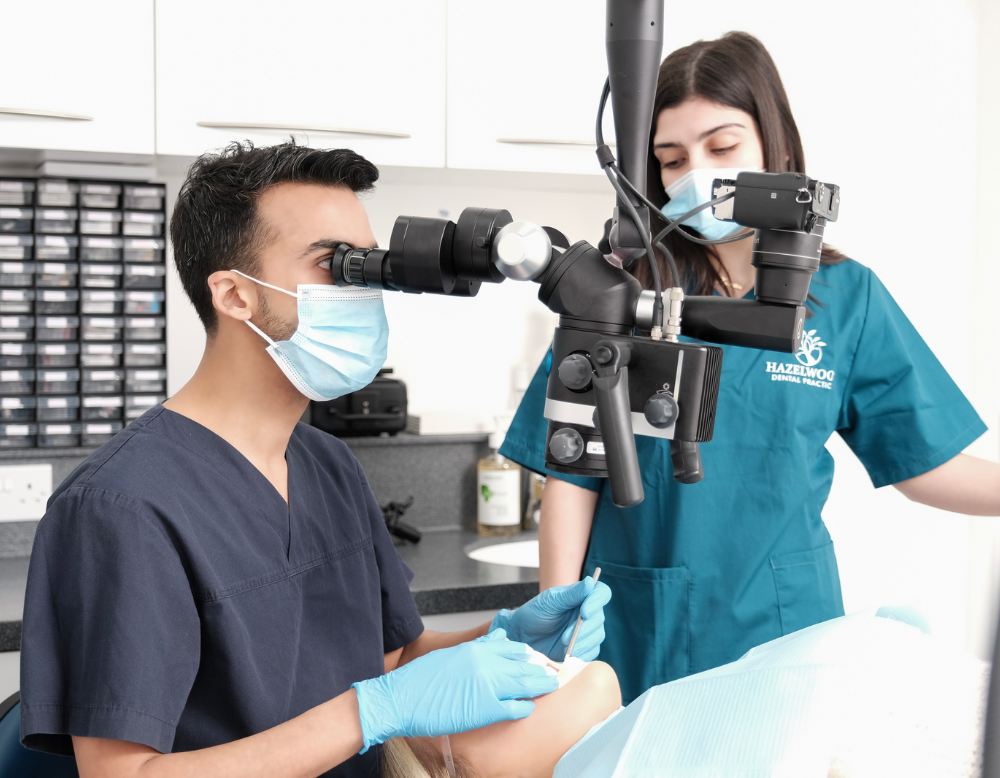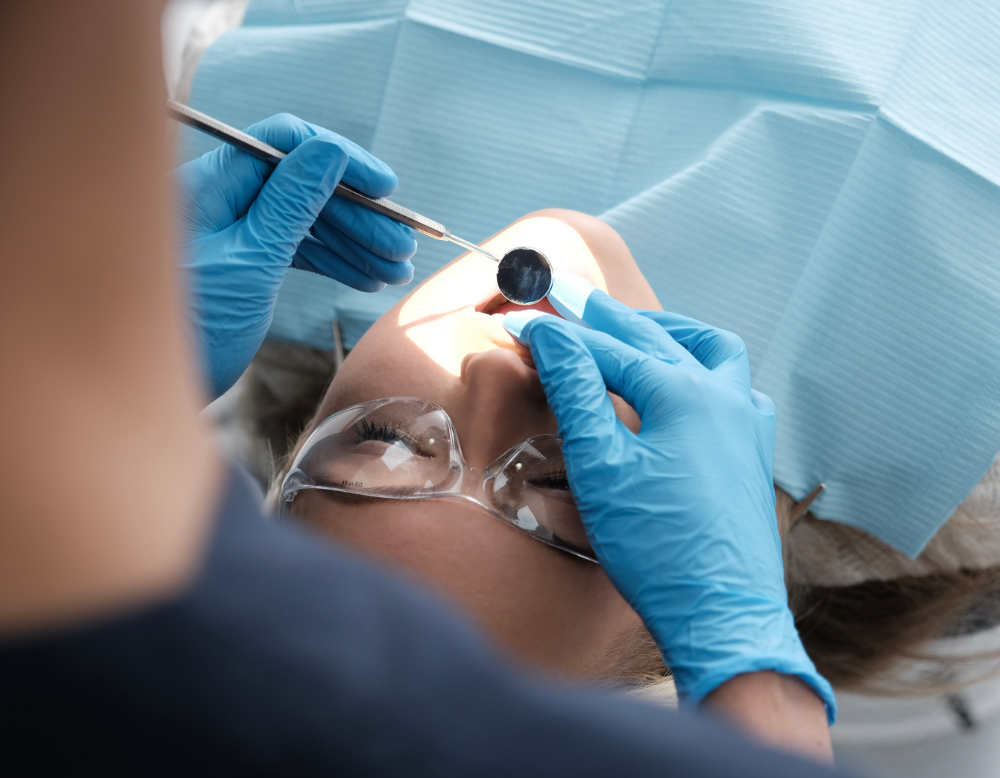









Around a quarter of children will grind or clench their teeth at some point during their childhood. Although most children grow out of it, it can become a serious issue. This is because grinding wears away the enamel on the teeth, and once the enamel is gone, it’s gone for good.
In this post, we’ll address your concerns about bruxism (which is another word for teeth grinding and clenching). Specifically, this post will discuss the causes of bruxism in children as well as what you can do if you suspect your child is grinding her teeth.
Several things can cause bruxism in children:
If you suspect your child has bruxism, then it’s best to see a dentist. This is because your dentist will be able to determine the extent of the bruxism and will also decide whether your child will need a night guard. This is a mouthpiece that prevents your child from damaging his teeth during the night.
It’s also important to find out the cause of the grinding, which is something else a dentist can help you with. The dentist will ask your child a few questions, such as:
If the bruxism is stress-related, then there are several things you can do. First, you can reassure your child about the situation that is worrying him. For example, if your child is worried about starting school, then you can reassure him by finding books about school, such as Janet and Allan Ahlberg’s Starting School. Secondly, you can try to reduce the source of the stress. If your child is stressed because you and your partner argue a lot, you could agree with your partner to only argue when your child is not around.
If the bruxism has a physical cause, then the dentist will be able to advise you further. The good news is that most children outgrow bruxism on their own. If teething is the cause of the bruxism, for example, then your child will stop grinding when he has lost all his baby teeth.
If you think your child is grinding her teeth, make an appointment with us by calling 020 8882 3180. We’ll help find the cause.
Back to Blog
“I had a tooth extraction with Dr Femi and his nurse, Christine, today; they are the best! I was very nervous, and they both made me feel at ease, ensured I was okay and explained the process in detail to me. I am very happy and already feel better. Dr Femi is the best and...”
“I’m so happy I’ve been given the all-clear after being fitted with dental implants. Thank you, Dr Hussein Asaria, for performing the surgery with minimal discomfort and feeling so at ease throughout the procedure. I am so glad the procedure went smoothly, and I recovered really well. I am pleased with the results and wish...”
“I was a nervous patient and was worried about having my tooth taken out. Dr Femi and his nurse were so amazing. I had a denture to be fitted, and he did that. It was done very quickly, and the nurse was very caring. I have to say I have had no pain since. This...”
“Dear Hazelwood Dental Practice, just to let you know that Femi and Christina did a fantastic job on my mother removing 3 front teeth. She had a bit of pain with the injections, but apart from that, there was no pain with the removal of the teeth and no pain thereafter. As my mother was...”
“I had a tooth extraction with Dr Femi and his nurse, Christine, today; they are the best! I was very nervous, and they both made...”
“I’m so happy I’ve been given the all-clear after being fitted with dental implants. Thank you, Dr Hussein Asaria, for performing the surgery with minimal...”
“I was a nervous patient and was worried about having my tooth taken out. Dr Femi and his nurse were so amazing. I had a...”
“Dear Hazelwood Dental Practice, just to let you know that Femi and Christina did a fantastic job on my mother removing 3 front teeth. She...”
Error: No connected account.
Please go to the Instagram Feed settings page to connect an account.


